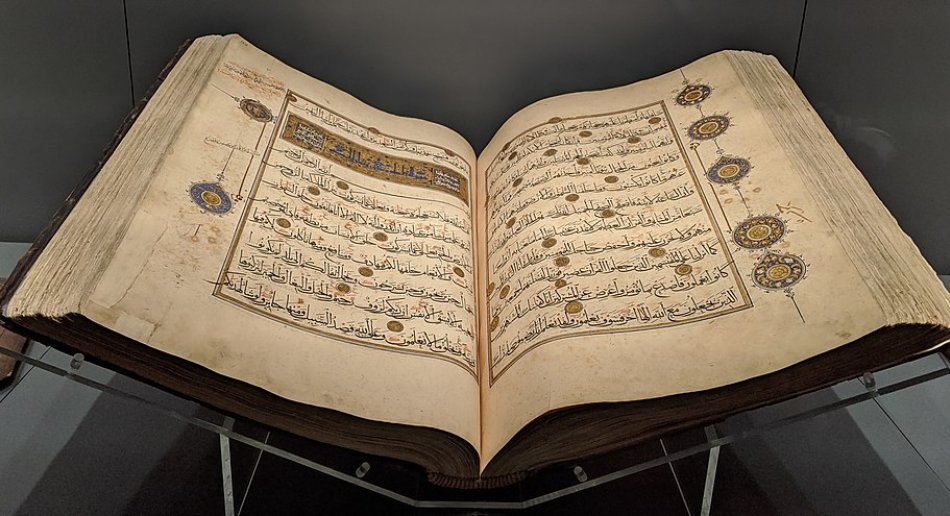- Time:
- Place: MF Library
- Add to calendar
Edward Said’s Orientalism (1978) famously drew on Foucauldian discourse analysis to argue that the West “invented” the East, producing a body of knowledge that stood in place of the “real” Muslim world.
Yet, alongside these discursive constructions, early modern orientalists were producing rigorous philological works, most notably translations of the Qurʾān grounded in direct engagement with Arabic manuscripts such as tafsīr (Qurʾān exegesis). This CASR talk explores how philology complicates our understanding of early modern orientalism. To what extent were these scholarly practices shaped by imperialist power dynamics, and what can close attention to philological methods reveal about the nature of orientalist scholarship in this period?

